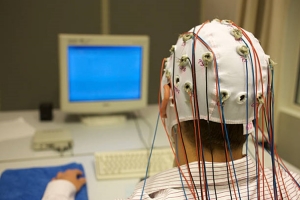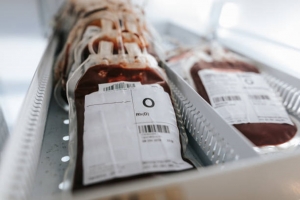UK Boy Receives World's First Skull-Implanted Epilepsy Device
Oran Knowlson, a 13-year-old boy with severe epilepsy, has become the first patient to trial a revolutionary skull-fitted device designed to control seizures, reducing his daytime episodes by 80%. This neurostimulator, which sends electrical signals deep into his brain, has greatly improved his quality of life.
The surgery, conducted in October at Great Ormond Street Hospital in London, is part of the CADET project, which evaluates the safety and effectiveness of deep brain stimulation for severe epilepsy. Oran, from Somerset, has Lennox-Gastaut syndrome, a treatment-resistant form of epilepsy that began at age three. Before the surgery, he experienced multiple daily seizures that severely affected his childhood, causing violent shaking, loss of consciousness, and sometimes stopping his breathing, necessitating emergency intervention.
The new device, made by Amber Therapeutics, aims to block the abnormal brain signals that trigger seizures. Unlike previous neurostimulators placed in the chest, this device is embedded in the skull. Since the surgery, Oran’s seizures have dramatically improved, with no drop seizures during the day and milder, shorter night-time episodes.
The trial will soon include three more children with Lennox-Gastaut syndrome. Future enhancements of the neurostimulator will enable it to respond in real-time to brain activity changes, potentially blocking seizures as they begin. This pioneering treatment offers hope for significantly better management of severe epilepsy, giving families like Oran’s a brighter future.
NHS Hospital Celebrates Pride Month with Rainbow-Coloured Crossings
An NHS trust has taken a vibrant step to celebrate Pride month by introducing rainbow-coloured zebra crossings at one of its hospitals. The North-West Anglia Foundation NHS Trust (NWAFT) has committed to fostering an inclusive environment by actively shaping its culture and policies.
In recognition of Peterborough Pride, two pedestrian crossings at Peterborough City Hospital – one situated near the car park and the other at the main entrance – have been given a colourful rainbow makeover. This initiative, funded by North West Anglia Hospitals' charity, is just the beginning, with similar Pride-themed projects planned for other hospital sites within the trust, including Stamford and Hinchingbrooke. These efforts aim to visibly demonstrate the trust's dedication to inclusivity.
Jo Bennis, the chief nurse and executive link for the LGBTQIA+ staff network, expressed her pride in the trust's ongoing support for colleagues, patients, and the local community. "We hope these rainbow crossings symbolise celebration, raise awareness, and remind our colleagues and visitors that we are an inclusive trust. Our support extends beyond Pride month, highlighting our commitment to inclusivity throughout the year."
The LGBTQIA+ staff network, established five years ago, has played a crucial role in shaping new policies and educating staff on matters of inclusivity and diversity. Their contributions have been integral to the trust's efforts in creating a welcoming and supportive environment for everyone.
Urgent Call for O Blood Donors Following Ransomware Attack on London Hospitals
Following a ransomware attack on major London hospitals, NHS Blood and Transplant are urgently seeking O blood-type donors. The cyberattack has disrupted hospitals' ability to match patients' blood types, leading to the cancellation of operations and blood transfusions. Critical incidents were declared at King's College Hospital, Guy's and St Thomas' (including Royal Brompton and Evelina London Children's Hospital), among others.
NHS Blood and Transplant is appealing for O positive and O negative blood donors to book appointments at one of the 25 NHS Blood Donor Centres across England to help replenish stocks. O-negative blood, known as the universal blood type, is crucial as it can be used for any patient, especially in emergencies. Despite only 8% of the population having O-negative blood, it constitutes around 15% of hospital orders. O-positive blood is also in high demand since it can be given to anyone with a positive blood type, benefiting 76% of the population.
During National Blood Week, it was highlighted that around three blood donations are needed every minute in hospitals nationwide. On average, there are around 13,000 available appointments nationwide per week, with 3,400 in London alone. Dr. Gail Miflin, chief medical officer of NHS Blood and Transplant, emphasised the need for O-type blood to ensure patient safety and support hospitals in carrying out surgeries.
Professor Stephen Powis, medical director for NHS England, noted the significant efforts of staff to minimize disruptions and prioritise urgent cases amid the cyber-attack.
Rugby Star Rob Burrow Dies at 41, Highlighting MND Battle
Rob Burrow, a former rugby league player, has died at the age of 41 following a four-year battle with Motor Neurone Disease (MND). His death brings attention to the severity of MND and the ongoing search for a cure. Motor Neurone Disease (MND) affects nerves in the brain and spinal cord, leading to muscle weakness and stiffness. This impacts walking, talking, eating, and breathing. The disease progresses rapidly, with over half of those affected dying within two years of diagnosis.
The cause of MND is unclear, likely involving genetic and lifestyle factors. About one in 300 people will develop MND, most commonly those over 50. Around 10% of cases involve specific genetic mutations, often with a family history. Common symptoms include muscle weakness, cramps, stiff joints, speech difficulties, and issues with swallowing and eating. The disease progresses at different rates for each person.
There is no cure yet for MND. In the UK, the only approved drug is Riluzole, which may extend survival by a few months. New treatments like Tofersen show promise but are not yet available in the UK. Strenuous exercise is linked to an increased risk of MND, especially in elite athletes. Research suggests strenuous activity can trigger the disease in genetically predisposed individuals.
Since his diagnosis, Rob Burrows has raised more than £15million for charity and made an MBE in the 2021 New Years Honours. In a statement, his wife Lindsey Burrow called him "simply the best" and said he was "our hero". She then followed on to say, "Although we knew this day would arrive, I am somehow still feeling at a loss for words that our loving, kind and caring husband and father has departed," she said.







